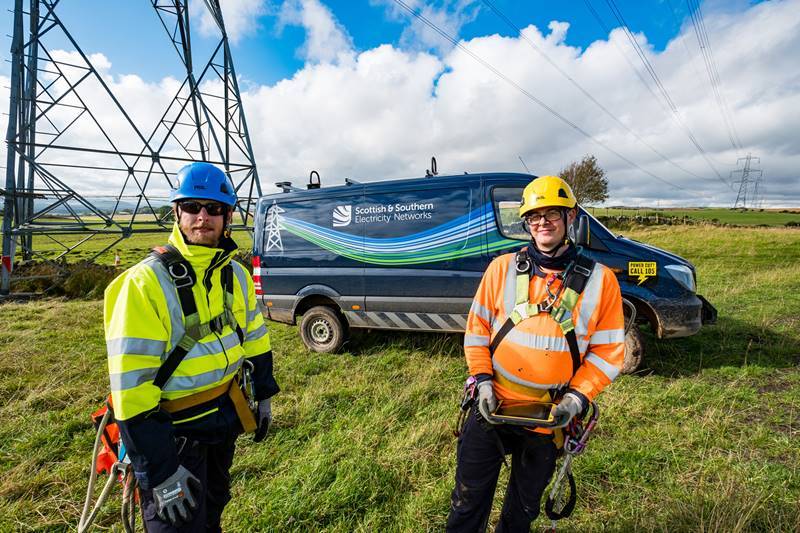Scottish and Southern Electricity Networks (SSEN) has released a new report, which details how a tool developed by Frontier Economics can compare the cost of flexibility with traditional network reinforcement.
As patterns of electricity supply and demand become less predictable, flexible resources could offer an alternative and cheaper way of tackling network constraints, as opposed to reinforcing the networks. Frontier Economics’ tool can assess the benefit of ‘optionality’, looking at whether flexible, low-carbon technologies could provide long-term value for consumers.
In particular, this method could offer local communities the opportunity to engage with the electricity network, helping to balance their local grid and earning money from utilising their resources.
Dan Roberts, director at Frontier Economics, explained that by imposing a structure on the decision making process, the tool’s framework “allows the decision-maker to think about the key factors which influence the best solution for the network”.
“The tool can help identify the best solution given a set of assumptions about the future and can also help to establish how sensitive this conclusion is to changes in those assumptions. It will hopefully serve as a key part of SSEN’s decision making process.”
SSEN is working as a neutral market facilitator, helping to progress the tool and ensure all participants using it can be certain of a fair, transparent market it said.
Andrew Roper, Distribution System Operator (DSO) director for SSEN said that acting in this neutral way was “critical” to SSEN successfully operating as a DSO.
“Customers and industry need to be confident of a level playing field and by going to a third party to devise this methodology we are ensuring that neutrality will be embedded in our decision-making process.
“This tool will help SSEN to make better decisions over long time horizons, factoring in the costs and benefits of different approaches and considering what will be most beneficial for the communities we serve.”
The project forms part of SSEN’s transition from being a distributed network operator (DNO) to a DSO.
As part of this it has been developing its own flexibility portfolio, including awarding contracts worth 6MW on the Isle of Islay earlier this year.






